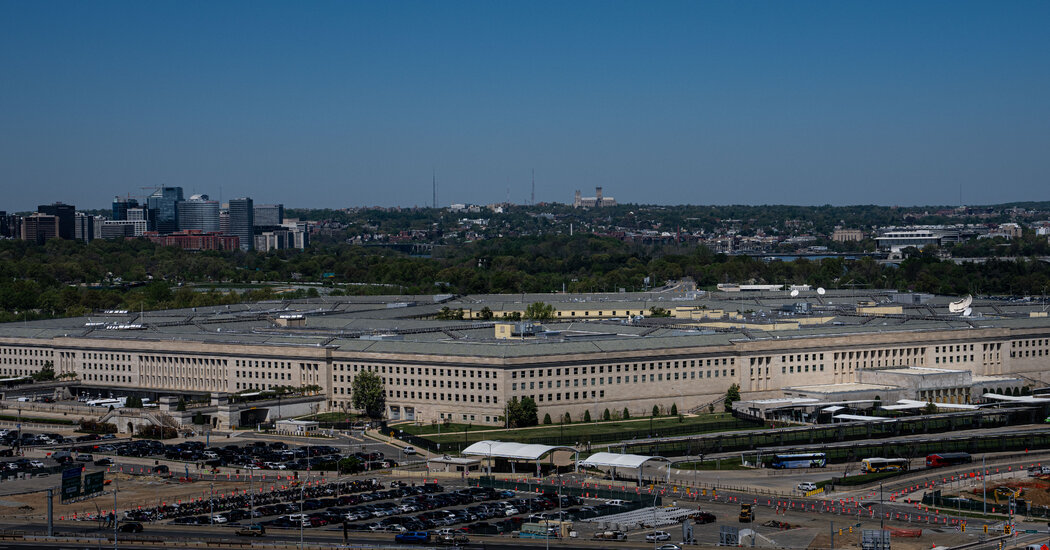Ms. Manning was convicted of some but not all of the more serious charges, and was sentenced to 35 years in prison in 2013, then released in 2017 after President Barack Obama had commuted most of the remainder of her sentence.
Another question is where the prosecution of Airman Teixeira will play out.
Because Airman Teixeira was in the Massachusetts Air National Guard and took the files from a military base, he could be prosecuted in the military court-martial system instead of federal court. But Eugene Fidell, a specialist in military law and lecturer at Yale Law School, said it was “unimaginable” that the Justice Department would give up the case because of its “high visibility,” adding that the Justice Department had more experience prosecuting these cases than the Defense Department.
A related question is where he will be prosecuted. Airman Teixeira was arrested in Massachusetts, and the case is playing out there. But it would not be surprising if the Justice Department eventually were to seek to prosecute him in the Eastern District of Virginia, which is home to the Pentagon — the victim agency.
The federal courthouse in Alexandria, Va., has been the site of numerous leak cases, and the U.S. attorney’s office there — whose district also includes the C.I.A. — is experienced in handling such matters.
It also appears that the F.B.I. investigation that resulted in Airman Teixeira’s arrest is based out of the Washington Field Office, whose area of responsibility includes the Pentagon, not Boston. The special agent who filed an affidavit in support of a criminal complaint and arrest warrant said he worked in the Washington office.
Still, moving venue raises legal and bureaucratic complexities. Notably, Mr. Schulte was prosecuted in the Southern District of New York, where he lived and was arrested, even though the C.I.A. was the victim agency and the Justice Department’s main WikiLeaks investigation has been conducted with a grand jury based at the Alexandria courthouse.
The U.S. attorney’s office in Massachusetts has some experience in leak-related cases. In 2020, it obtained a guilty plea from a former Raytheon systems engineer for illegally retaining 31,000 pages of information that was marked as classified, some of which pertained to U.S. missile defense. He was fined $10,000 and sentenced to 18 months in prison.
















Leave a Reply